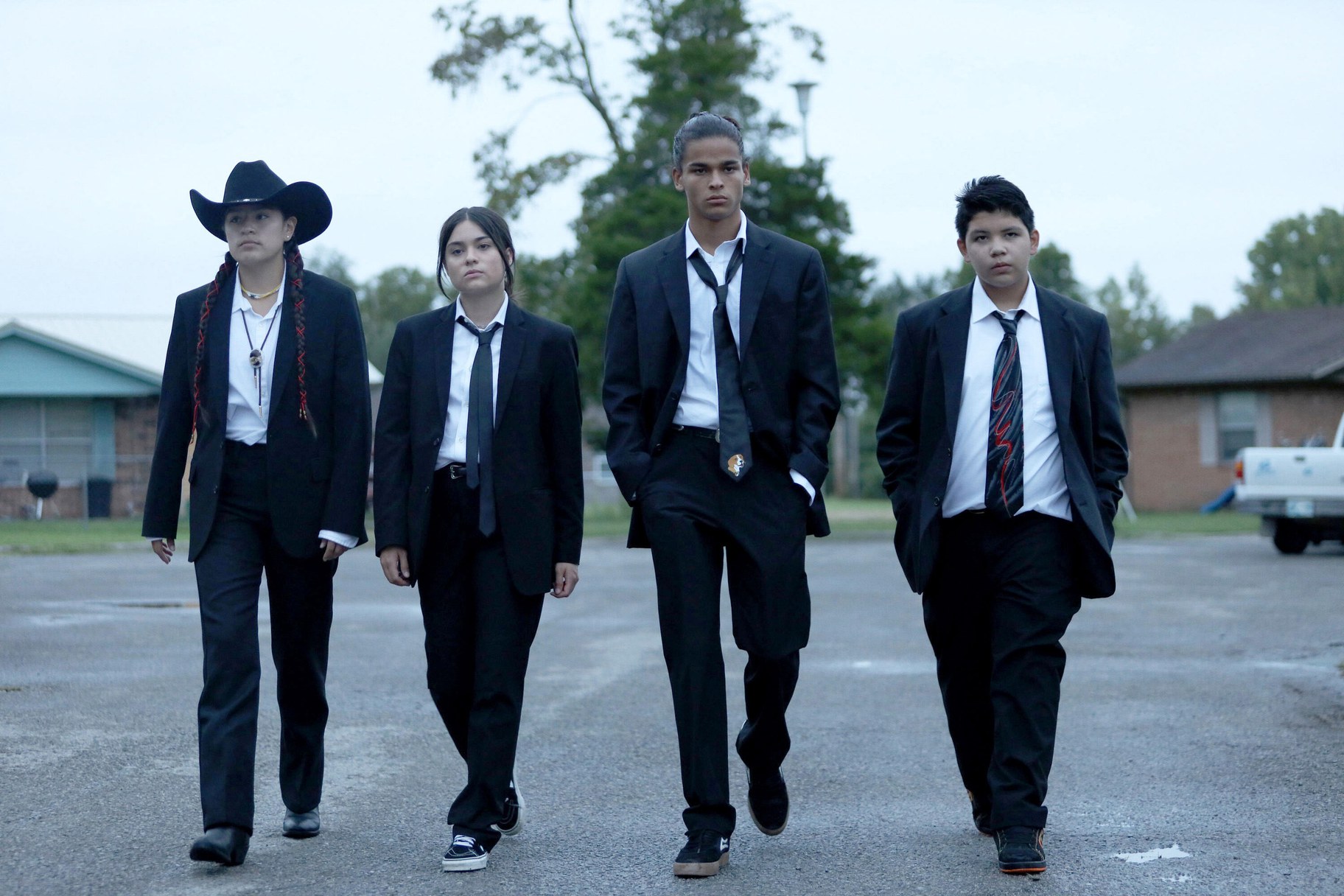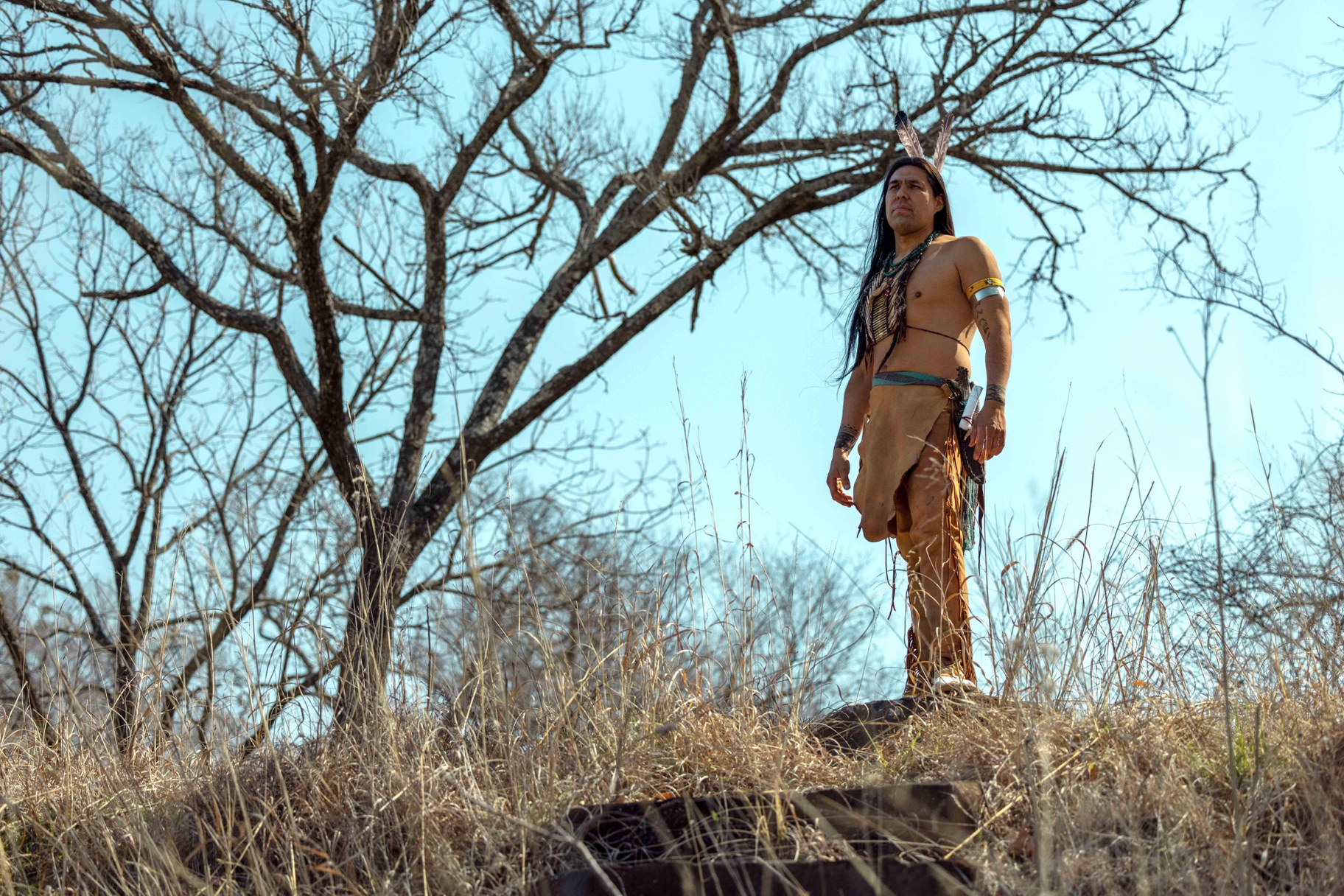Hulu’s “Reservation Dogs” — the coming-of-age, critically-acclaimed comedy series — just kicked off its second season. Set and filmed on the Muscogee Nation in rural Oklahoma, the show follows four Indigenous teenagers after the death of their friend Daniel. The show is the first to feature all Indigenous lead actors, directors, and writers.
According to Akwesasne Mohawk journalist and Native Viewpoint founder Vincent Schilling, the show provides a skillful and intimate look at what life is like on a reservation. That includes the struggles that residents experience, such as high joblessness.
“You don't have employment readily available. You can work at Indian Health Service maybe, or get a job in tribal government, but there's not enough to go around. So a lot of people don't have jobs, or they struggle to find jobs. And so a lot of people think of outside of the reservation as a place for opportunity.”
He adds that central to the show is showcasing the sense of trying to survive on the reservation, as depicted through the experiences of Bear, portrayed by actor D'Pharaoh Woon-A-Tai.
“Bear is really struggling with the sense of ‘look, I want to survive, but at the same time, I don't want to be a negative person. I want to be a good person. I want to be someone who does this legitimately. Someone who does this with love and cares about other people and doesn't want to hurt others.’”

D'Pharaoh Woon-A-Tai, Devery Jacobs, Lane Factor, and Paulina Alexis star in “Reservation Dogs.” Photo courtesy of FX on Hulu.
Not everything is serious
“Reservation Dogs” also includes inside jokes, such as ones about the rez car, which might not meet the standards of a non-Native state government.
“A rez car is a car that struggles. It could still get you from point A to point B, but you might have to pump the gear about 100 times before it goes, and it's just kind of a lighthearted funny thing,” Schilling explains.
He says another source of comic relief is Dallas Goldtooth, who plays Spirit, an apparition that Bear sees, who’s dressed in feathers and other stereotypical Native attire.
“I think [Goldtooth], in saying the F word and doing all these silly things, is really that sense of like, ‘Look, Native people can be funny. Native people can be lighthearted.’ Not every single thing we say in the world is spiritual. Not everything we do is based upon the great eagle on the south side of the mountain winds flowing through the skies and the hairs of the Native people.”

Dallas Goldtooth plays Spirit in “Reservation Dogs.” Credit: Shane Brown/FX.

